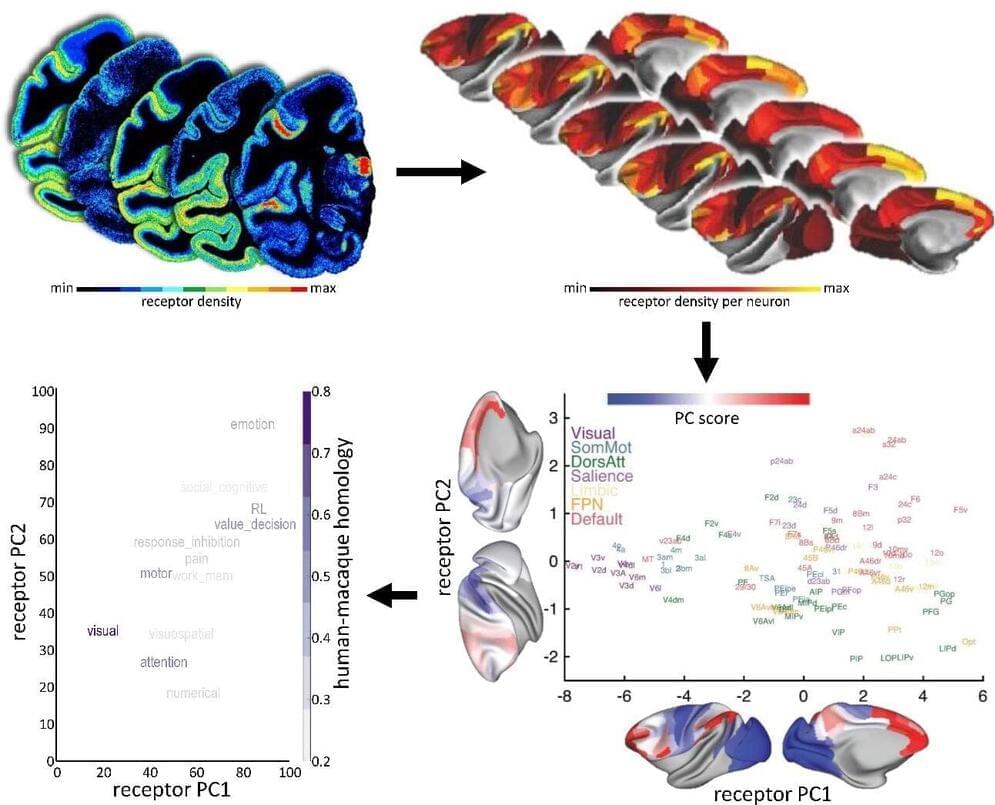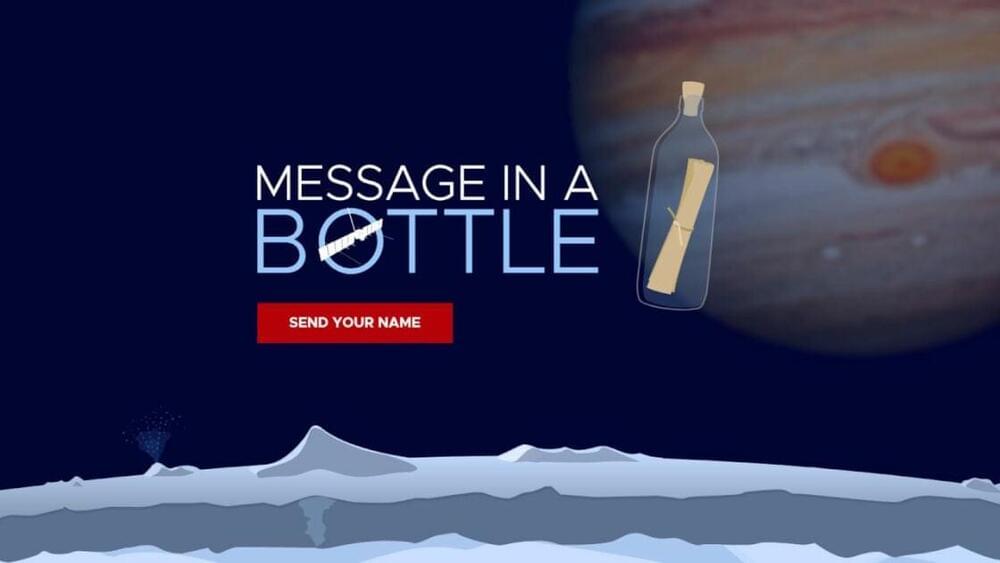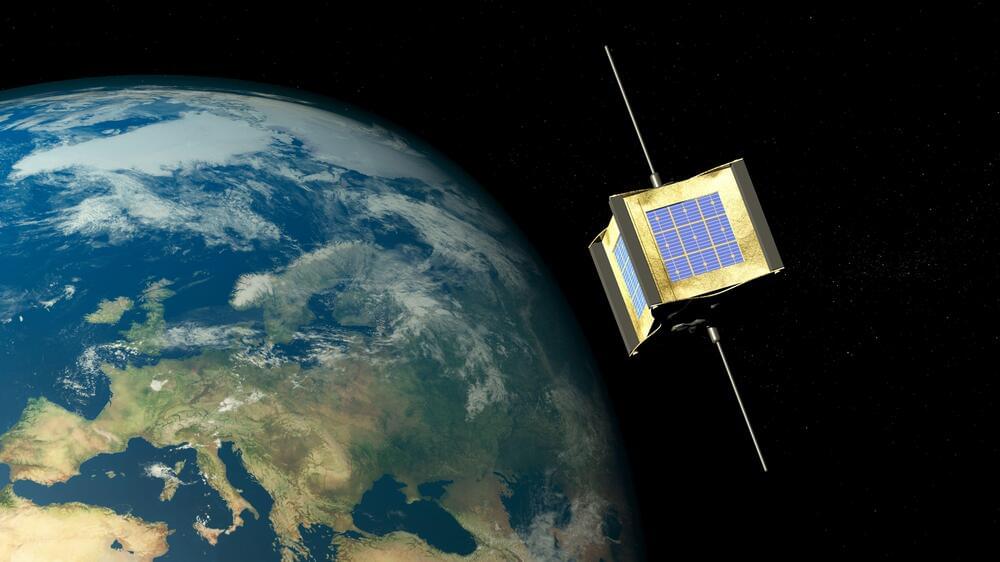Tesla has released a rare and interesting look at its latest Supercharger monitoring system, which will become an important tool for managing an increasingly valuable asset.
Older Tesla owners will remember the days when the automaker was operating Supercharger monitoring systems on screens at a select few stations.
You could see the entire global use and output of the Supercharger network on these screens. They were really interesting, and we used them in our reporting a few times.





